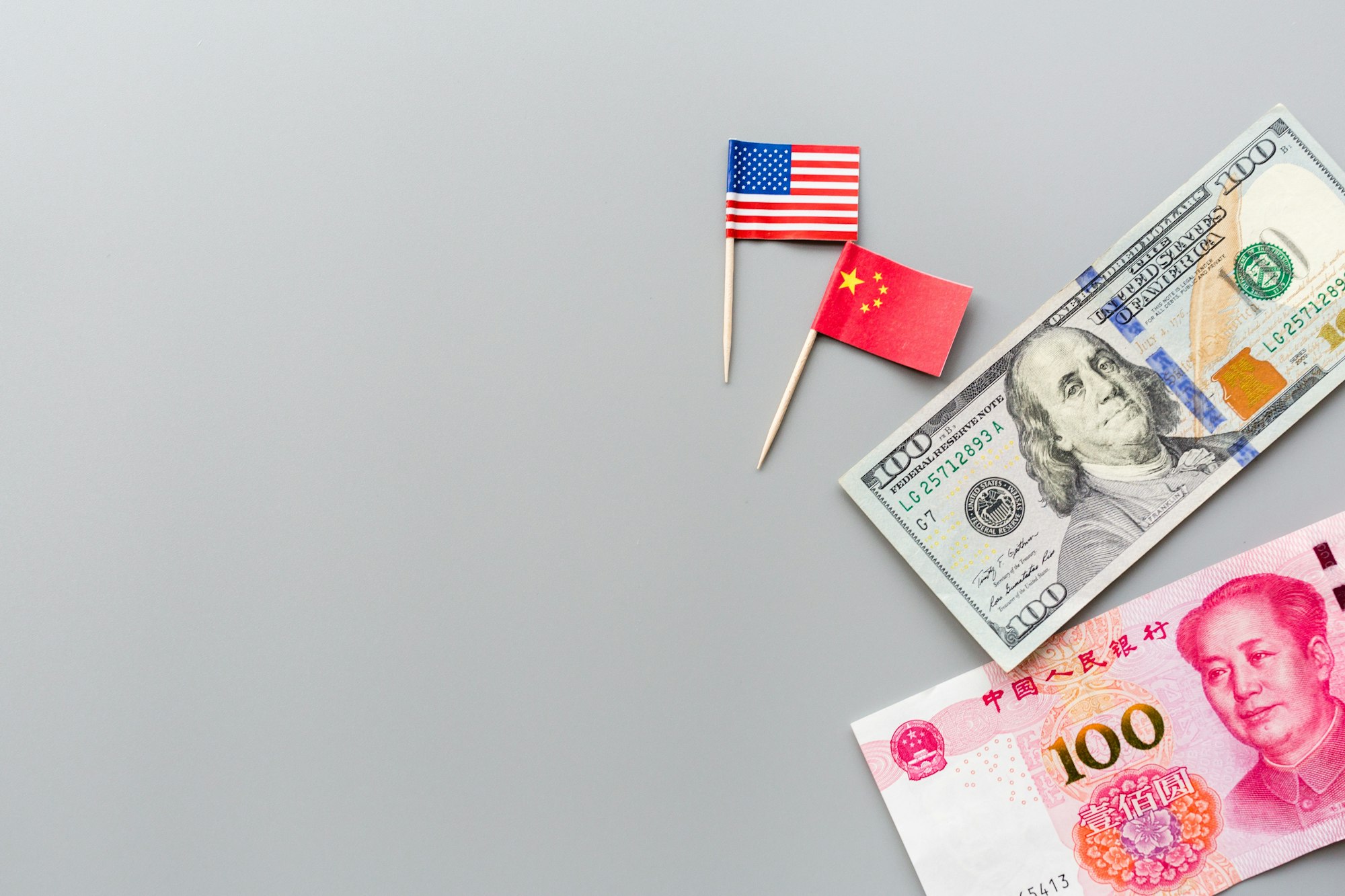China’s chief diplomat, Wang Yi, recently expressed concerns about the United States’ trade policies during a news conference in Beijing. Let’s break down China’s stance on US trade controls, its strengthening relationship with Russia, and the wider implications for global geopolitics.

China’s View on US Trade Policies
Wang Yi criticized the United States for what he called a “bewildering” trade policy. He pointed out the increasing unilateral sanctions and labeled them as “unfathomable absurdity.” Wang questioned the fairness of these actions and raised doubts about the US’s confidence as a major country. Amid these criticisms, he emphasized the importance of maintaining stable and sustainable development in the US-China relationship.
Challenges in Technology Access
The backdrop of Wang’s comments is the US’s efforts to limit China’s access to high-end technology. The US has restricted the types of semiconductors American companies can sell to China, aiming to prevent the use of American tech in strengthening the Chinese military. Sanctions on Chinese entities for various reasons, including human rights abuses and support for Russia’s actions in Ukraine, have added strain to the relationship.
China-Russia Relations: A Positive Outlook
In contrast to the critique of the US, Wang highlighted the flourishing relationship and record trade between China and Russia. This positive sentiment was evident when a Russian state media reporter posed the first question during the news conference. China and Russia’s bilateral trade has reached a historic $240 billion, surpassing the target set by leaders Xi Jinping and Vladimir Putin in 2019.
Strong Economic Ties
Wang emphasized the robust trade ties between the two nations, highlighting the role of Russian natural gas in Chinese households and Chinese-made automobiles on Russian roads. This growing cooperation has faced scrutiny in the West, leading to suspicions about China’s economic support for Russia amid its global isolation.
Geopolitical Dynamics and Diplomacy
South China Sea and Taiwan
Addressing simmering tensions in the South China Sea, Wang emphasized China’s commitment to defending its rights in accordance with the law. He urged countries outside the region not to provoke or escalate conflicts, subtly critiquing the US presence. Wang’s comments on Taiwan reiterated China’s stance on peaceful reunification, cautioning against any support for Taiwan independence.
This simplified analysis explores China’s concerns about US trade policies, its positive relationship with Russia, and the geopolitical tensions in the South China Sea and Taiwan. Gain insights into these complex dynamics in a more accessible format for college students.

FAQ
1. Why did Wang Yi criticize the United States’ trade policy as “bewildering”?
Wang Yi expressed concerns about the increasing unilateral sanctions imposed by the United States, labeling them as “unfathomable absurdity.” The criticism stems from questions about the fairness of these actions and doubts regarding the confidence of the US as a major country.
2. What specific challenges does China face in accessing high-end technology from the United States?
The United States has intensified efforts to restrict China’s access to high-end technology, notably by reducing the types of semiconductors American companies can sell to China. This move aims to prevent the use of American tech in strengthening the Chinese military.
3. How does China view its flourishing relationship with Russia, and why is it considered a positive outlook?
China’s chief diplomat, Wang Yi, highlighted the positive aspects of the growing relationship and record trade with Russia. This perspective is based on the historic $240 billion bilateral trade, surpassing the target set by leaders Xi Jinping and Vladimir Putin in 2019.
Sources CNN


